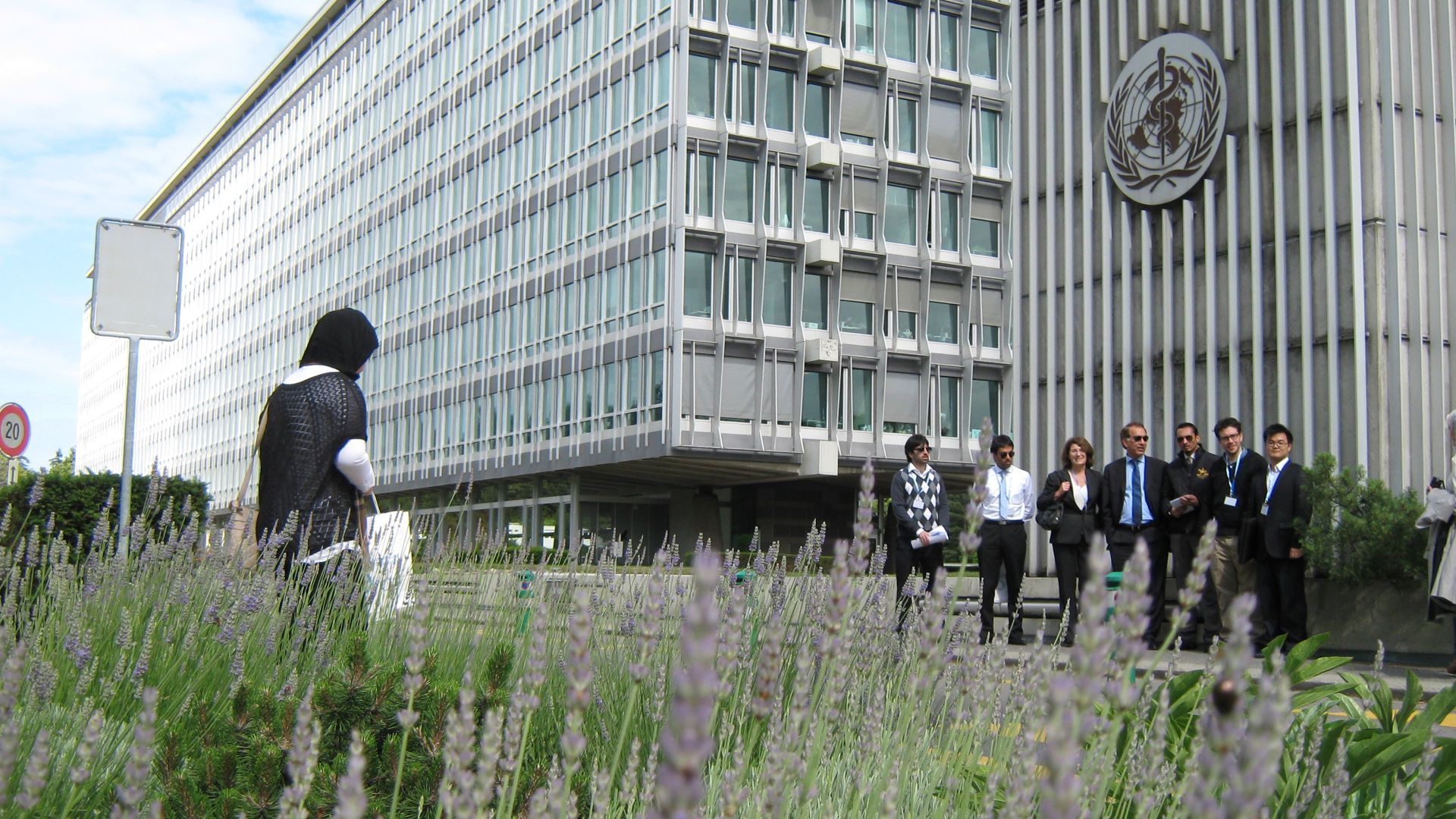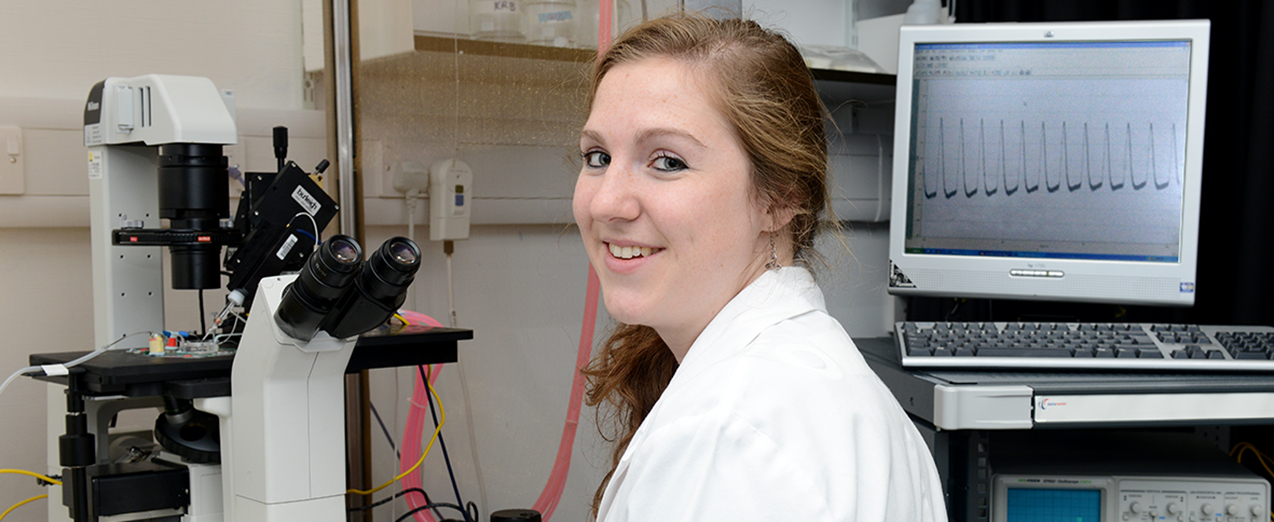
The Imperial World Health Organization Collaborating Centre for Public Health Education & Training (WHOCC) was created in 2007 to support the work of the World Health Organization and its founding objective: ‘the attainment by all peoples of the highest possible level of health’. Established by the WHO Global Committee with the support of the British Government, the WHOCC has a special focus on global health issues and health services research, in addition to public health education and training. This year, Imperial WHOCC was redesignated for another four years- a huge achievement. Hear from Rachel Barker, Support Officer, at the WHO Collaborating Centre and Department of Primary Care and Public Health, about the WHOCC’s work.
Following an intensive and rigorous process, the World Health Organization Collaborating Centre of Public Health Education and Training (WHOCC) Imperial College London, has been re-designated for another four years, securing its vital work in improving global health and wellbeing until 2027. During the previous designation period, Imperial WHOCC shared its expertise with Low-and-Middle-Income-Countries (LMIC) to assist them with their endeavors towards meeting the UN Sustainable Development Goals (SDG). In respect to SDG 3, ‘Good Health and Well-Being’, Imperial WHOCC has collaborated with stakeholders, countries, and international organisations on improving access to Universal Health Coverage (UHC).
Commenting on the news, Professor Salman Rawaf shared his congratulations to the Imperial WHOCC team, “The WHOCC re-designation is quite the feat – thank you to our team for their hard work. This is our fifth re-designation – a record achievement for any WHO CC at a global level. As a direct result of our work, the WHO and many member states have benefited from the excellence of Imperial College London and its affiliated NHS institutions in research, service development, education and training. A sincere thanks to Professor of Primary Care and Public Health, and Head of the Department of Primary Care & Public Health, Azeem Majeed, Chair in Cancer Epidemiology and Prevention at the School of Public Health, Professor Elio Riboli, and Professor Deborah Ashby, Interim Dean of the Faculty of Medicine for their continued support over the years.”

